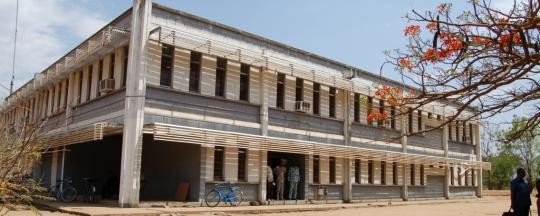'Focus on the Agreement' is a new daily segment broadcast on Radio Tamazuj to explain the contents of the peace deal signed in August 2015 between South Sudan's warring parties.
Yesterday we explained how many ministries will be assigned to each party, including the SPLM faction loyal to Salva Kiir, the SPLM-in-Opposition, the SPLM Former Detainees, and the other political parties. Today we will look at how those ministries will be chosen – in other words, which ministry will go to which party?
Chapter 1, Article 10.5.1 explains that the each of the parties to the agreement will nominate a minister on a rotational basis.
The government will choose the first ministry that it wants. It may choose any ministry from any of three sectoral clusters, the Governance Cluster, Economic Cluster or Service Delivery Cluster.
The armed opposition loyal to Riek Machar will nominate the second minister. The Former Detainees will nominate the third minister. Fourth, the other political detainees will nominate a minister.
The fifth minister will again be nominated by the government. However, this time the government will have to select a ministry from a different cluster from its first selection.
For example, if the SPLM faction loyal to Salva Kiir selected the Defence Ministry as its first pick, which is part of the Governance Cluster, then it must select its second ministry from either the Economic Cluster or Service Delivery Cluster.
The government could pick the Ministry of Finance, for example, which is part of the Economic Cluster, or the Ministry of Labour, which is part of the Service Delivery Cluster, but it could not pick the Interior or National Security ministry because these are each part of the Governance Cluster, which the government already picked in the previous round.
This process will continue on a rotational basis until all the ministerial positions have been filled, including 16 ministers for the government, 10 for the armed opposition, 2 for the Former Detainees and 2 for the other political parties.
The purpose of this process is to ensure that neither of the SPLM factions will control all ministries in a particular area. For example, if this nomination process is used it will be difficult for any single party to control all of the security-related ministries, such as Interior, Defense and National Security.
File photo: The Ministry of Wildlife, Conservation and Tourism
Related:
Explaining the S Sudan peace agreement (6): What will happen to James Wani Igga?




